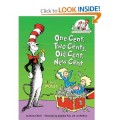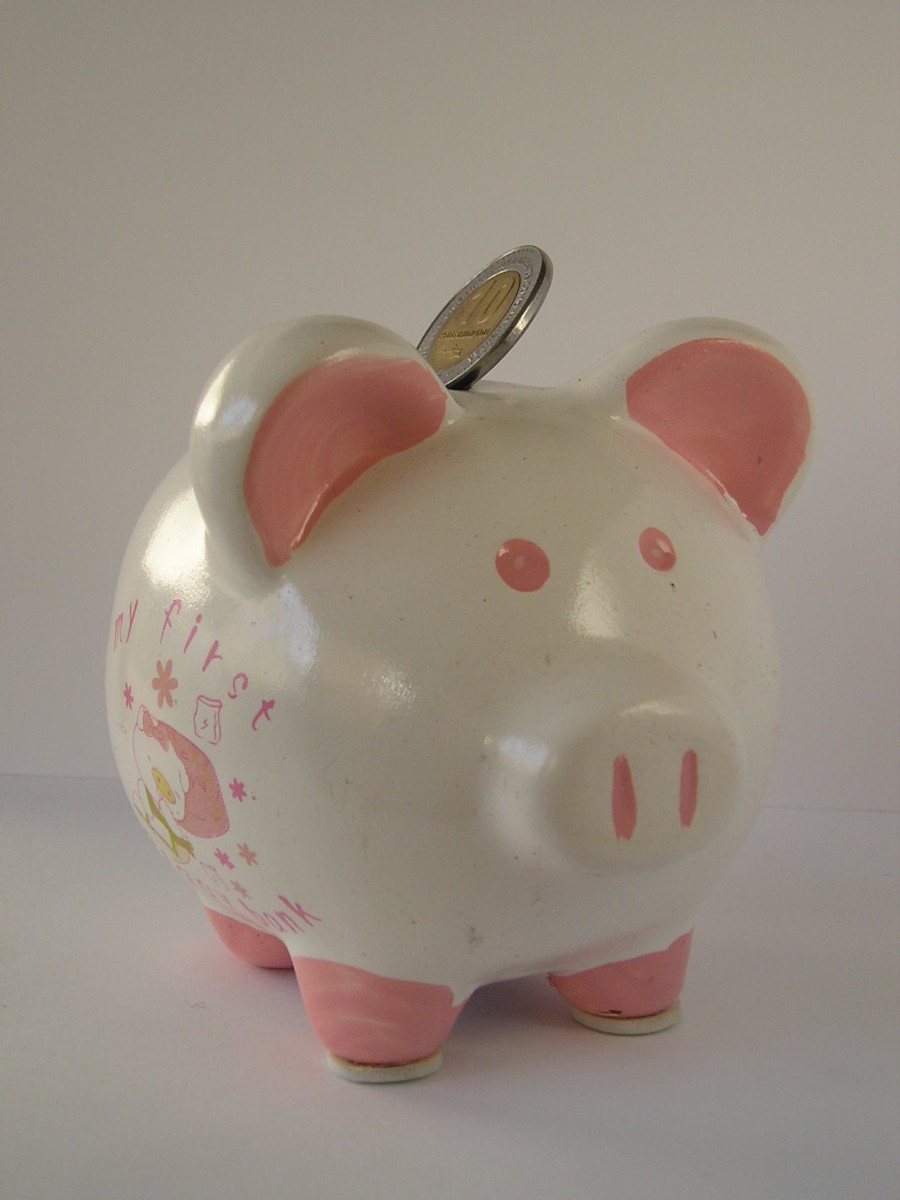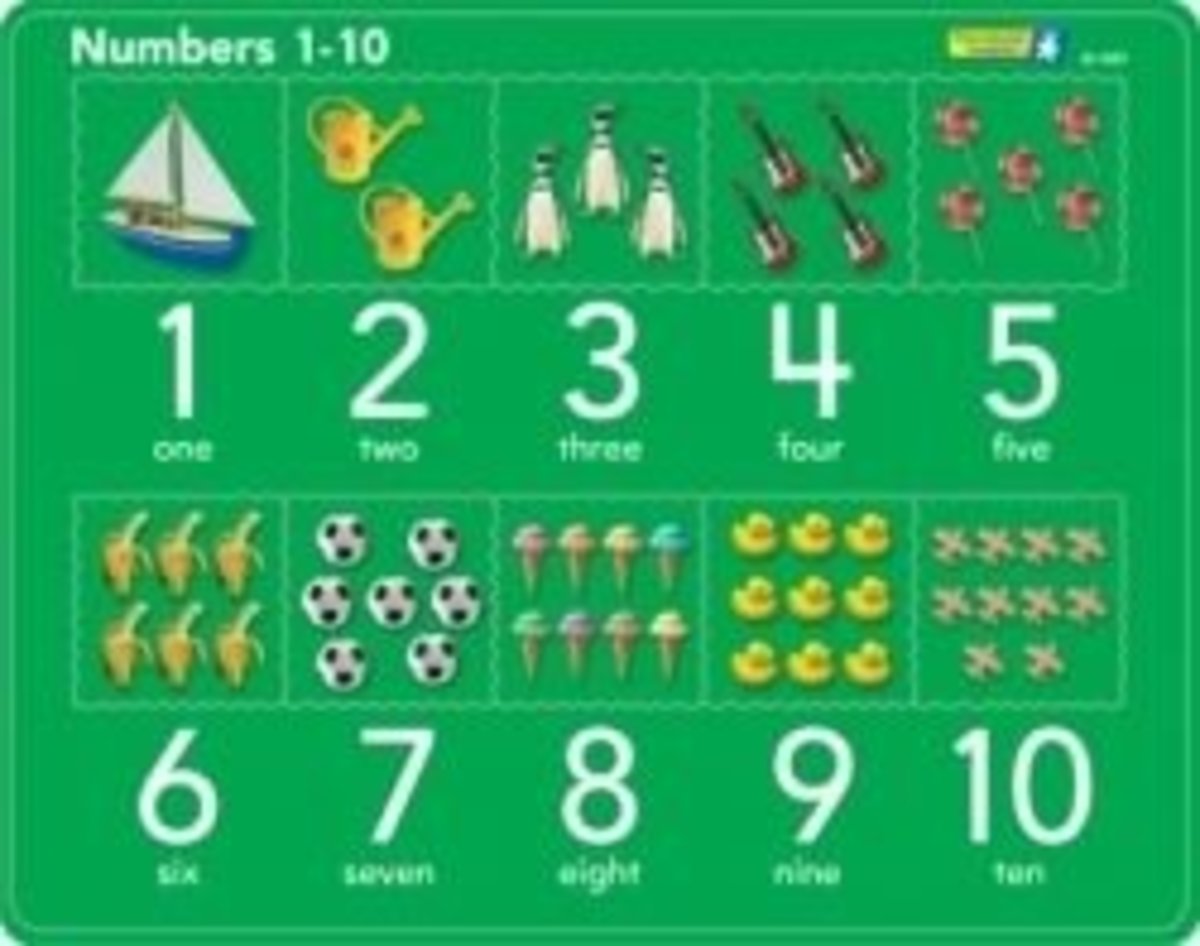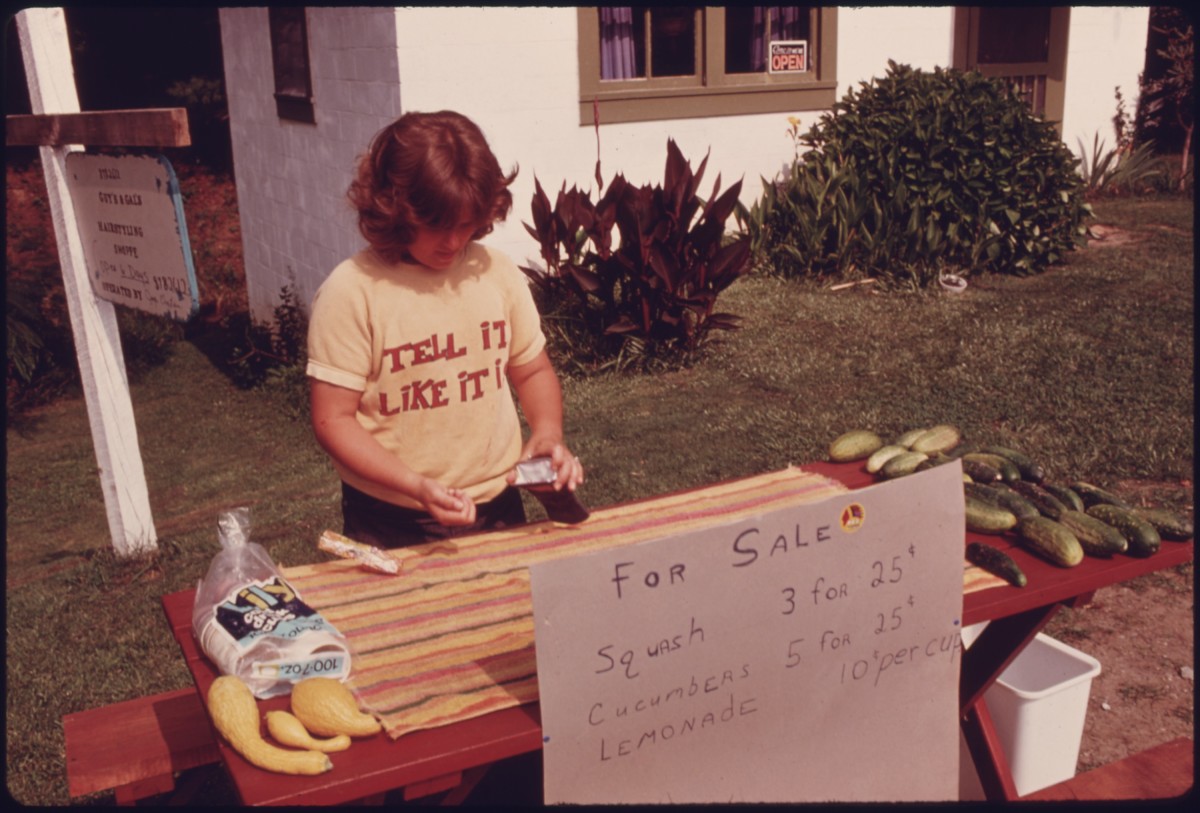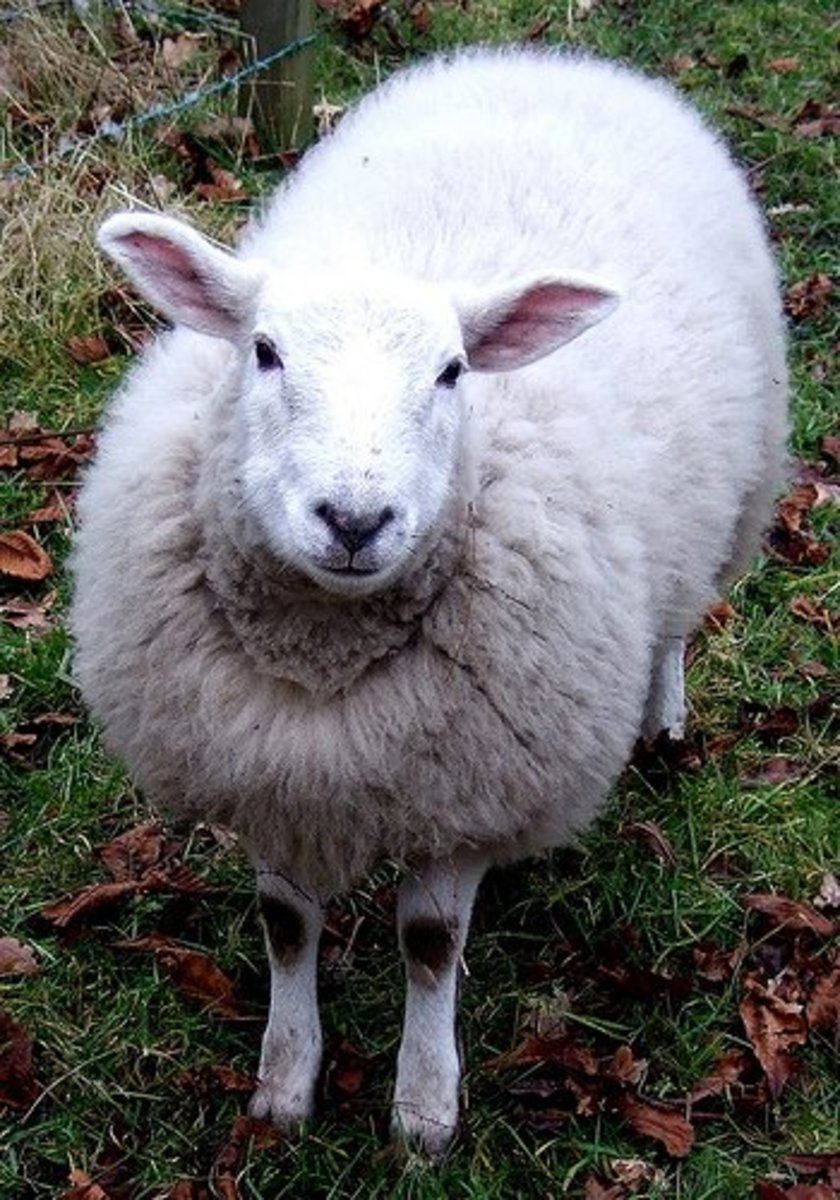Simple Ways To Teach Kids About Money





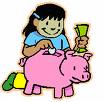

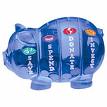


Teaching children about money early on is something that can stay with them a lifetime. For children money is a huge responsibility and helping them to understand all about money is a great tool for them for when they get older.
I started teaching my children about money at a young age. I started by teaching them about the different types of coins. This can take awhile for them to learn depending on their age but give it time and they will understand. Slowly I introduced the values of each coin. During this time I also gave them each a piggy bank of their own. They loved finding coins to put in them. This also helped me to show them about the first idea of saving. Once the piggy bank got full I decided it was time to show them what to do with their money; give it to mommy of course so she can put it in her pocket. Just kidding!! Once their piggy banks were full I started a savings account for them. Every so often when the banks got full (they were relatively small piggy banks) and when they were old enough, I started letting them deposit their money into their own bank accounts. This was a HUGE experience for them. But the biggest experience came just this past holiday when they had to sign the backs of checks that they received. The excitement was almost too much for me to even handle; my babies signing checks. Teaching children about money is a continual process and there is still a great deal for them to learn.
Now that they are getting older and constantly wanting to buy things I am going to teach them even more interesting things about their money. What I am teaching them next is how to divide their money into four different categories. These categories are; savings, spending, charity and investing. Currently I am going over these ideas with my children so that they can understand each concept. What I teach my children to do is to split up what they earn or any income they receive from gifts, chores, etc. They split it four ways into the categories savings, spending, charity and investing. So if they receive one dollar 25 cents goes into each category or whatever split they feel is acceptable but I started with an even split for simplicity. It is important for the kids to understand about each category.
Savings - Savings is important because it teaches children how to hold on to money, how to not spend frivolously and also gives children the understanding that if you continue to spend money you will have nothing left. These are concepts that you want your children to understand before they get their first job and before they go off to college.
Spending – Of course kids are going to want to spend some money and that is part of learning about money. Understanding the concept that if you pay money you get something in return and understanding also the value of money. Kids learn quickly that once you pay for something that money is gone and there is something there that replaces that money a very important lesson for kids.
Charity – Charity is an important aspect of money that children need to understand. They also need to understand that not only is it important to give to charity but that there are also different forms of giving; financial, time or helping physically and donating items. Charity was one of the first concepts that I discussed with my children. This was aided by the charity events that occurred through their school; penny harvest, can food drives and other events took place to help the children understand the concept. As a family we also make it a process to give away slightly used clothing and toys to charities a process we have been doing since they were little.
Investing – Investing is the last concept that I would introduce to children because it can get quite complex. Although it is closely linked to savings it takes savings to the next level. This is also only possible with certain amounts of money. Still saving up money for investing is an important concept. Until your child is able to understand investing and has enough money to start investing they can keep this portion of the money with savings.
Starting your children early on a positive financial path will help them to be financially responsible in the future. Then you can ensure that your children will be there for you financially as you grow older.

- Money101 Lesson 12: Kids and Money
CNNMoney guide to kids and money. CNNMoney will help you put your children on the road to handling money responsibly. - Kids and Money: Teaching your Child about Money Management
SchoolHouse Rock - Where The Money Goes
Kids and Money - Children and Money
Children and Money Part I


